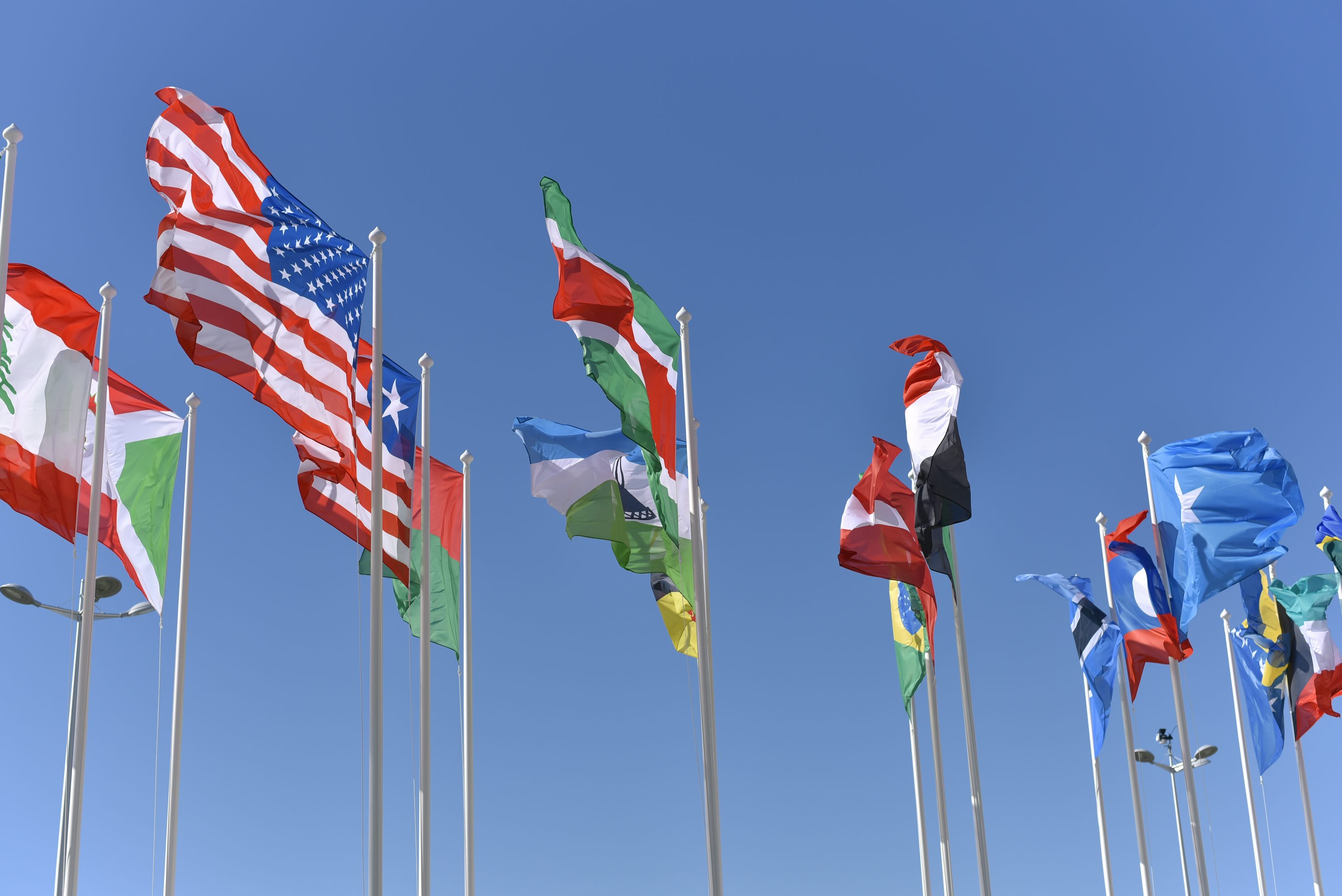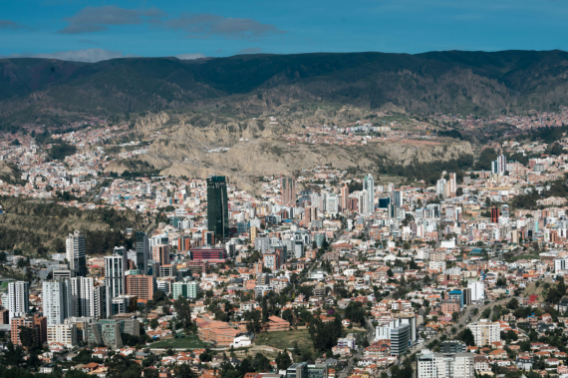In today's complex and changeable global economic structure, the BRICS New Development Bank (referred to as BRICS Bank) is playing an increasingly critical financial role and has a far-reaching impact on global financial stability and development.

From the perspective of financial support, BRICS provides a solid financial backing for many infrastructure construction and sustainable development projects. In some emerging market countries, infrastructure construction such as transportation and energy is facing a huge funding gap. The loans and investments of the BRICS Bank are like timely rain, which enables many projects that were originally difficult to advance to be carried out smoothly. The implementation of these projects not only improved the local infrastructure and promoted economic growth, but also created a large number of local employment opportunities, improved people's living standards, and fundamentally enhanced the resilience and sustainability of economic development in these countries.

The BRICS Bank has also played a positive role in promoting financial innovation. It constantly explores new financial products and financing models to meet the needs of different countries and development projects. For example, issuing green bonds to support environmental protection projects not only conforms to the global trend of sustainable development, but also provides investors with new investment channels, attracts more funds to projects with social and environmental benefits, and promotes the deep integration of finance and sustainable development goals.
In promoting financial cooperation and stability, BRICS Bank has built an important multilateral cooperation platform. It enables BRICS countries and other developing countries to cooperate more closely in the financial field, share financial resources and jointly cope with financial risks. Through this cooperation mechanism, countries can learn from each other's financial management experience, improve their own financial supervision level and risk prevention and control ability, thus enhancing the stability of the global financial system and reducing the systemic risks that may be caused by financial fluctuations in individual countries.
In addition, the BRICS Bank has also changed the global financial structure to a certain extent, and won more voice for developing countries in the international financial field. It enables the financial needs and interests of developing countries to be more fully expressed and paid attention to. In the process of formulating international financial rules, more voices and influences from developing countries have begun to emerge, pushing the global financial order towards a fairer and more reasonable direction. It is worth noting that this promotion of discourse power is not a unilateral competition, but on the basis of mutual benefit and win-win, it complements other international financial institutions. The BRICS Bank cooperates with other institutions in project cooperation and fund allocation to jointly fill the gap in global financial resource allocation, especially in areas with weak traditional financial coverage such as Africa and South America, and its project landing has significantly improved the local financing environment.

The influence of BRICS continues to expand, and its successful experience has attracted more countries to seek to join this multilateral financial framework. In the future, it is expected to become an indispensable backbone in global economic governance, continue to promote the optimal allocation of global financial resources and help more countries achieve economic prosperity and common development.



